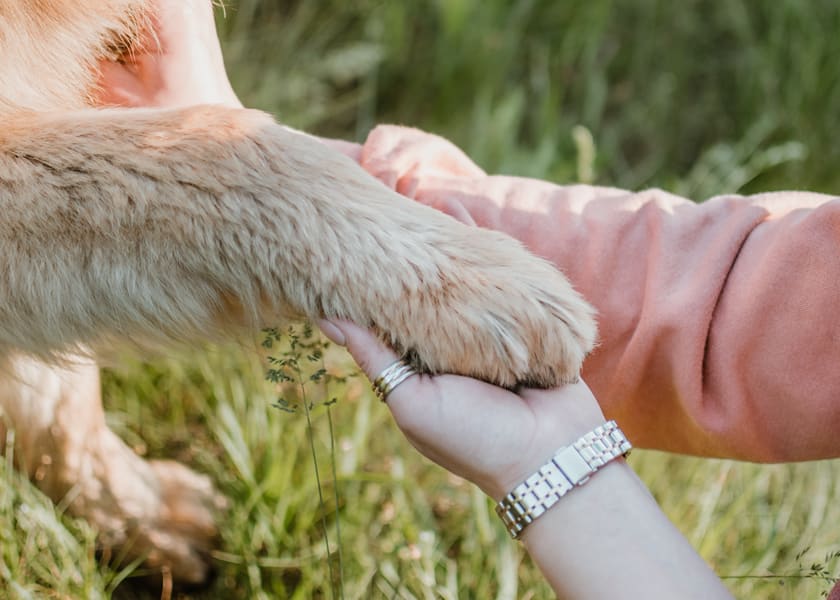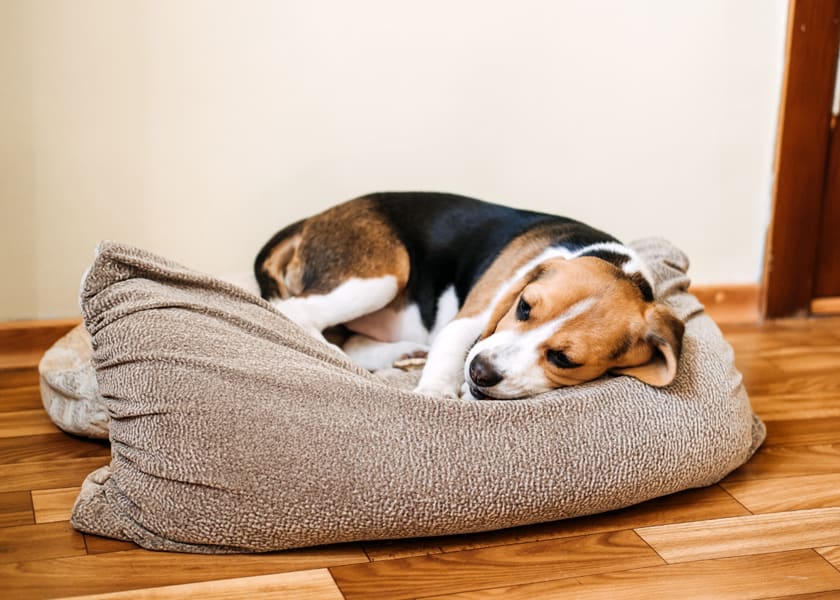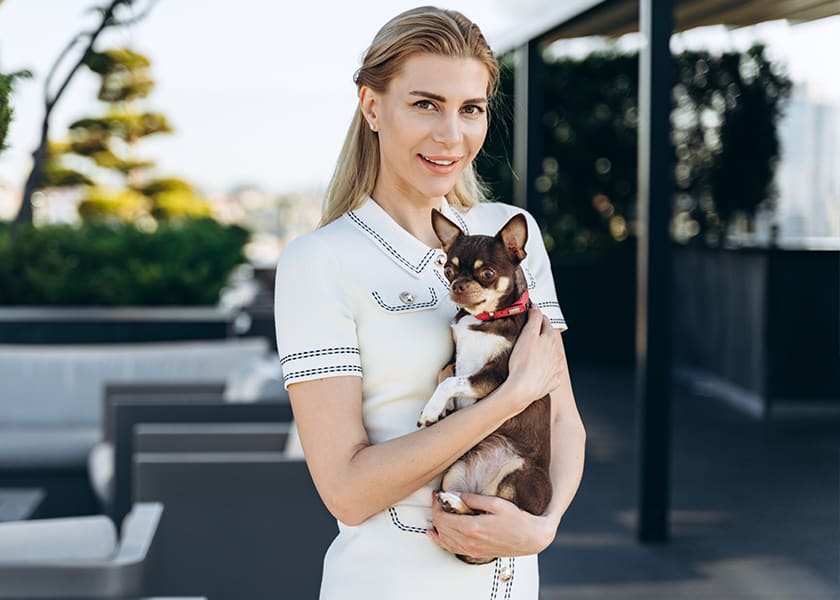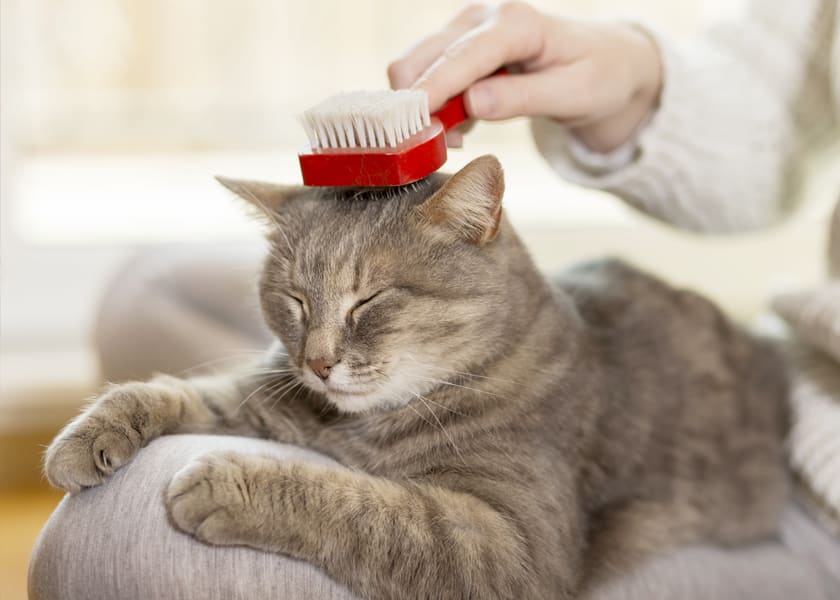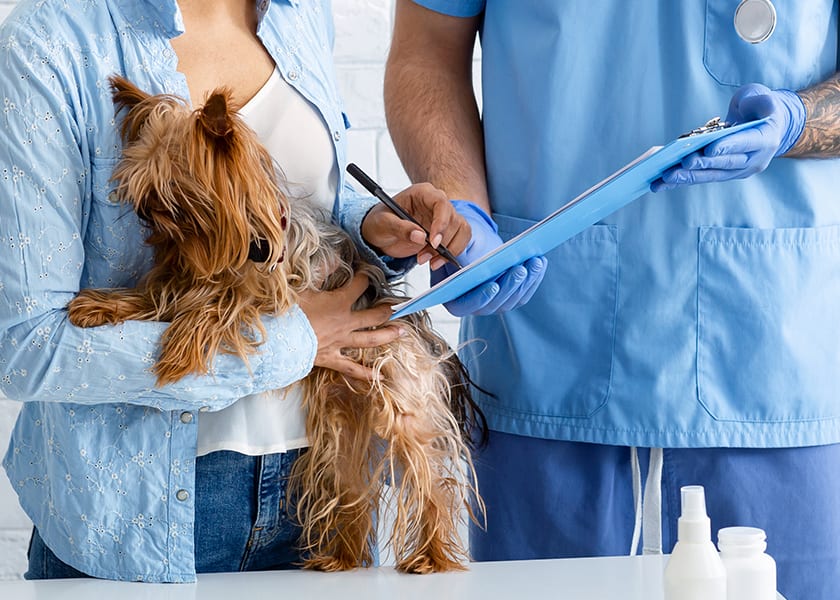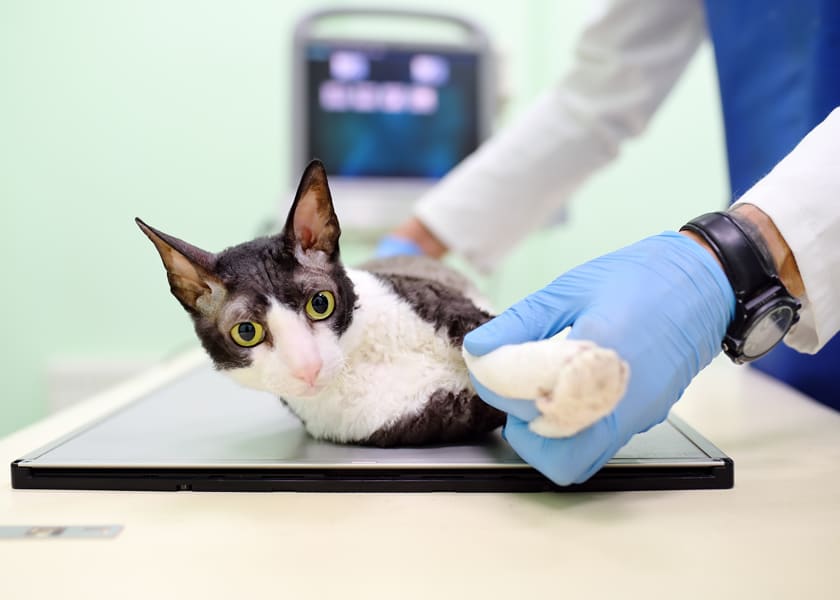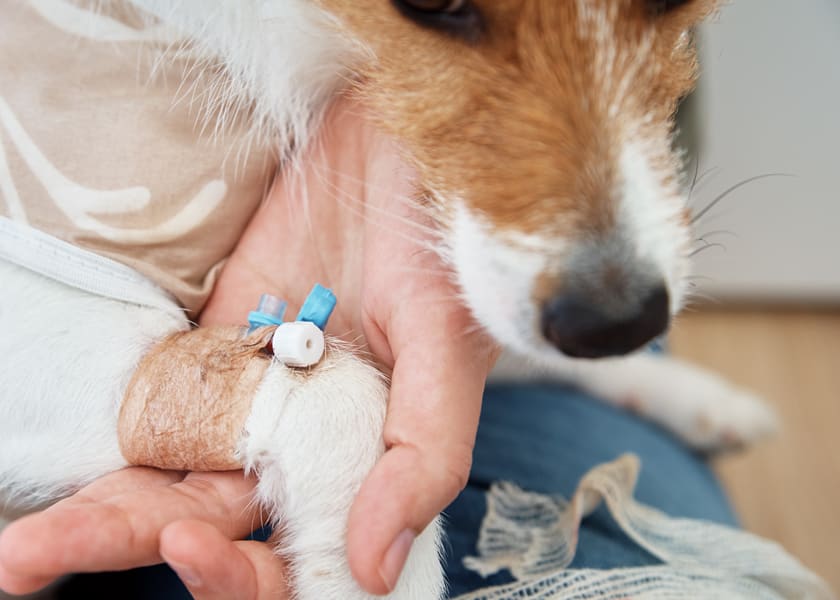Best Pet Insurance Provider
Pets Best 
Personalized Plans for Your Cat or Dog
- 90% Coverage Available
- Fast & Effective claims
- Zero Lifetime Limits
- Zero Annual Limits
How To Care For Older Pets
Senior pets often require additional medical treatments than when they were younger. The changes in appetite, drinking habits, and other factors indicate that your senior pet is aging, and this should be taken into consideration when it comes to their health care needs. Here are some tips on how you can take care of your senior pet.
1. Keep your senior pet indoors while you are gone for an extended period to prevent them from harsh weather and escaping.
2. Take your senior pet in for regular checkups so the vet can monitor their condition.
3. Monitor senior pets to ensure they are eating well and drinking plenty of water. If senior pets begin to lose weight, you might want to talk to the vet about switching their diet or adding vitamin supplements into their diet.
4. Ensure that senior pets receive routine exercise during the day even when they cannot move around easily. Set up an indoor exercise area, if necessary, but make sure it is ample enough for your senior pet to get around without injuring themselves or becoming immobilized. When senior dogs are sleeping a lot, this could indicate arthritis which can be alleviated through weight loss and exercise.
5. Senior pet insurance can help you cover the costs if senior pets develop certain medical conditions, such as arthritis or senior cat diabetes.
6. Look for senior pet toys that will keep senior cats active while indoors, including scratching posts and interactive games.
7. Older senior dogs should not play in the water for too long to prevent injuries from happening when they fall in or are unable to get their footing in deep water.
8. Always keep senior pets inside when temperatures outside are below 0 degrees Fahrenheit since they cannot tolerate cold weather as they could in their younger years. If your senior pet needs to go outside at night, make sure that you accompany them, so they do not injure themselves on ice or snow.
9. Ensure senior pets have a place they can go to rest when they need a break from family activities.
10. Senior pet toothpaste is not abrasive enough to irritate the gums of senior dogs or cats even if their teeth are sensitive. You should still brush your older pet's teeth daily to prevent any buildup of plaque, tartar, or bacteria that could lead to gum disease.
11. Older pets also need a balanced diet with plenty of water during the summer months since they cannot cool themselves down as effectively as they could in their younger years, which means senior dogs are more prone to heatstroke.
12. Your senior pet will require senior dog foods or senior cat food to provide them with all the nutrients they need as they age. Senior pet food contains additional omega fatty acids which senior pets need to maintain their skin and coat.
13. If your senior pet has any other medical problems, ensure you administer medication to them on time so they can live their lives without experiencing any unnecessary pain or discomfort.
14. Ensure that you keep your senior dogs indoors during fireworks displays since the sound of the noise could cause them extreme anxiety and potentially lead to injury if they escape from your property during these times. Your senior cats might also become excessively fearful of loud noises due to their advanced age.
15. Senior pet insurance can cover senior dogs and senior cats for chronic problems such as senior dog diabetes, senior cat arthritis or senior pet cancer.
16. Monitor your senior pet's behavior to ensure they are not displaying any signs of discomfort that you might be able to treat with over-the-counter medication. In addition,
17. If your senior pet is close to its end days, identify professional euthanasia services from a local animal hospital that will ensure your senior pet does not suffer when the time comes to pass on.
Conclusion
As your pet gets older, there are a number of things you need to do to properly care for them. Having senior pet insurance can make decisions about medical treatments easy as your pet gets older. It is never too late to get pet insurance. Consider getting pet insurance today and make all your pet’s medical decisions based on love and not money.

